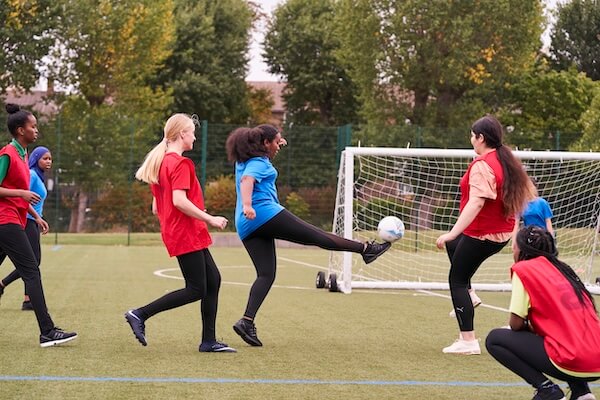
Cardiorespiratory Fitness: Key to Long Life and Health
Cardiorespiratory Fitness: Key to Long Life and Health
A recent study from the University of South Australia highlights the critical role of cardiorespiratory fitness (CRF) in predicting health outcomes. This overview of multiple meta-analyses, encompassing over 20.9 million observations from 199 cohort studies, underscores the strong and consistent association between high CRF levels and reduced risk of various diseases and mortality.
What is Cardiorespiratory Fitness (CRF)?
Cardiorespiratory fitness reflects how well the heart, lungs, and muscles work together to supply and use oxygen during sustained physical activity. It is often measured through exercise tests, where the maximum rate of oxygen consumption (VO2 max) is recorded. Even moderate activities like brisk walking can significantly improve CRF, benefiting overall health.
Key Findings from the Study
Reduced Mortality Risk:
- People with high CRF levels have a 53% lower risk of all-cause mortality compared to those with low CRF.
- For every 1-MET (a unit of metabolic equivalent task) increase in CRF, there is an 11-17% reduction in the risk of death from any cause.
Lower Risk of Heart Disease:
- High CRF is associated with a 69% lower risk of heart failure.
- Each 1-MET increase in CRF results in an 18% reduction in the risk of developing heart failure.
Benefits for Chronic Conditions:
- Among those with cardiovascular disease, high CRF reduces the risk of cardiovascular mortality by 73%.
Why CRF Matters
Low CRF is a significant risk factor for chronic diseases and is not routinely measured in clinical practice. Including CRF as a standard health assessment could improve the management and prevention of various health issues.
Practical Implications
For Individuals:
Engaging in regular physical activity, such as brisk walking for about 150 minutes per week, can lead to significant improvements in CRF and overall health.
For Healthcare Providers:
Assessing CRF can help identify individuals at high risk for chronic diseases and mortality, allowing for more tailored and effective interventions.
Research Conclusion
This extensive review confirms that maintaining high cardiorespiratory fitness is crucial for reducing the risk of mortality and chronic diseases.
To get started, individuals can engage in a variety of activities such as brisk walking, running, cycling, swimming, or participating in aerobic classes.
For beginners, starting with just 10-15 minutes of activity per day and gradually increasing the duration and intensity can be effective. Joining local fitness groups, enrolling in community sports programs, or even using fitness apps to track progress can also provide motivation and support. By incorporating regular physical activity into daily routines, individuals can significantly enhance their CRF and, consequently, their long-term health outcomes.
Sources
- Lang JJ, Prince SA, Merucci K, et al Cardiorespiratory fitness is a strong and consistent predictor of morbidity and mortality among adults: an overview of meta-analyses representing over 20.9 million observations from 199 unique cohort studies British Journal of Sports Medicine 2024;58:556-566.






